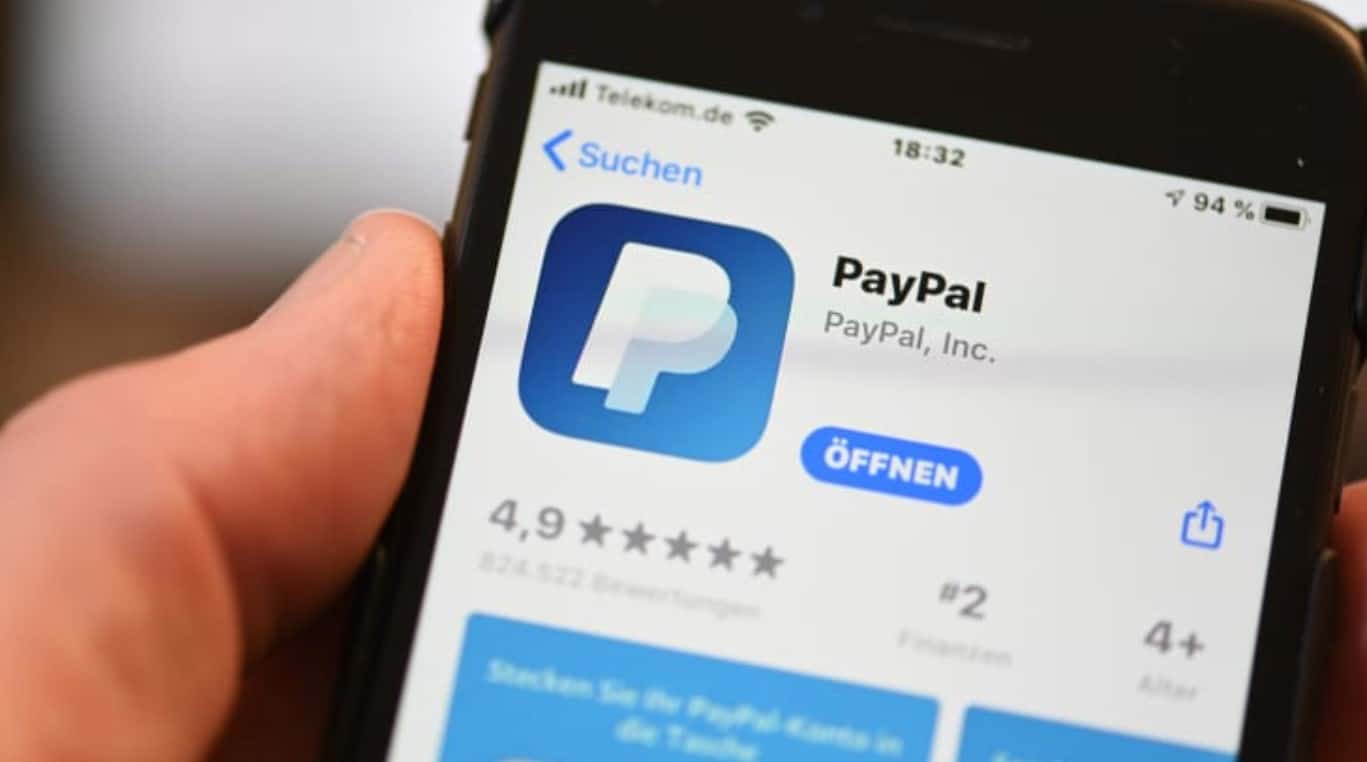PayPal reported revenue growth for the third quarter of 13% on Monday and said it’s teaming up with Amazon to let U.S. customers pay with Venmo at checkout, starting in 2022.
However, after initially rising in extended trading, PayPal shares reversed course and fell 5% after the company issued a revenue forecast for next year that missed analysts’ estimates.
Here’s how the company did versus expectations:
- Earnings per share: $1.11, adjusted, vs. $1.07 expected in a Refinitiv survey of analysts
- Revenue: $6.18 billion vs. $6.23 billion expected
Total payment volume rose 26% to $310 billion for the quarter ended Sept. 30, and the company added 13.3 million net new active accounts, bringing the total to 416, PayPal said in a statement.
PayPal’s Venmo app, which began supporting cryptocurrency services in April, saw payment volume jump 36% to $60 billion. Customers in the U.S. can buy, sell, and check out with digital currencies. With its network of 33 million retailers, PayPal’s crypto ambitions have positioned the company as a rival to Coinbase, the country’s most popular crypto exchange.
Starting next year, PayPal users will be able to make purchases on Amazon.com and the Amazon mobile shopping app with their Venmo accounts.
The deal comes as PayPal prepares for an eBay-less future. Six years after the companies split apart, eBay is in the process of transitioning sellers off PayPal and onto its own payment system. PayPal said volume on eBay marketplaces dropped 45% in the quarter and now represents less than 4% of revenue.
“This is obviously a very significant moment in our Venmo monetization efforts,” PayPal CEO Dan Schulman said on the earnings call after the report. It “marks the beginning of an exciting journey with Amazon, now that we’re no longer constrained by the contractual obligations of the eBay operating agreement.”
For the fourth quarter, PayPal sees adjusted earnings of $1.12 per share on net revenue of between $6.85 billion and $6.95 billion. Analysts surveyed by Refinitiv had expected $1.27 in adjusted earnings per share on $7.24 billion in revenue. Revenue guidance for the year was revised down to 18%, putting it in the range of $25.3 billion to $25.4 billion. Analysts had expected $25.78 billion.
While the stock climbed immediately after the report as investors focused more on the Amazon deal than on fourth-quarter guidance, the shares took a sharp turn down when PayPal started discussing next year, fiscal 2022.
The company said on the call that revenue for the year will increase about 18%, which would equal full-year sales of close to $30 billion. Analysts were projecting revenue of $31.6 billion, according to FactSet. PayPal highlighted supply chain constraints as well as general concerns around the economy and spending habits.
“Consumer confidence is weakened with the absence of stimulus payments,” Schulman said on the call. “And with the economy reopening, more people may be likely to do their holiday shopping in-store.”
Dan Dolev, an analyst at Mizuho Securities, said after the call that people got excited about the Venmo-Amazon announcement until they heard the forecast for next fiscal year.
“The disappointing ’22 guidance rained on the parade,” said Dolev, who recommends buying PayPal shares.
As e-commerce surged during the pandemic, PayPal was a major pandemic beneficiary, with its stock more than doubling last year. The story changed this year, and the shares are down 2% in 2021, excluding the after-hours move, while the Nasdaq is up 24% over the same period.
Investors turned particularly bearish on PayPal last month after reports surfaced that the company was in late-stage talks to acquire social media app Pinterest. PayPal subsequently said it was not pursuing an acquisition of Pinterest “at this time.”
Schulman addressed the matter on Monday’s call, telling analysts that he wanted to respond to “recent rumors that made their way through the news.” He didn’t name Pinterest.
“Exploring all potential opportunities to enhance shareholder value is our responsibility,” Schulman said. “But obviously, only a select few deals will meet our very strict financial, strategic and capital allocation criteria.”

